For many Ugandans, insurance remains an unfamiliar concept. It is still misunderstood and frequently dismissed as a luxury. This state of affairs was revealed at the Dissemination Workshop of the Survey Findings on Public Perceptions of Insurance in Uganda that took place on 26th February 2025 at Golden Tulip Hotel, Kampala. This research was conducted by the Uganda Insurers Association with funding from Africa Re Foundation. The workshop unpacked more eye-opening findings and laid the foundation to the Development of the 5-year Insurance Literacy and Inclusion Agenda (ILIA).
Delivering the keynote address, UIA’s Executive Committee Chairperson & Chief Executive Officer for Sanlam General Insurance (Ug) Ltd, Ruth Namuli revealed that only 2% of Ugandans access formal insurance, noting that, while those who have successfully received claim’s view insurance in positive light, a large segment of the population remains unaware of its true value. The survey revealed that 42% of Ugandans do not understand how insurance works, a gap that continues to hinder its growth. Despite an impressive 20% growth in insurance premiums, penetration remains low at a meagre 0.8%, a reminder that numbers alone may not translate to real impact. Ms. Namuli emphasized that the lack of knowledge remains the biggest barrier, emphasizing the urgent need for strategic public education and awareness efforts.

She explained that the workshop aims at analyzing the survey findings as a baseline for developing a five-year strategy focused on increasing public awareness about insurance as a risk mitigation tool, understanding consumer attitudes and behavior towards insurance & developing a framework for implementation and evaluation. Ms. Namuli concluded by stressing that collaboration between industry experts, stakeholders, and regulators is crucial for real change.
Our CEO, Jonan Kisakye, reaffirmed the Association’s dedication to improving public understanding of insurance. He took the audience through the association’s strategic efforts over the years, whilst highlighting the key milestones including; the 2014 Strategic Plan which prioritized aggressive publicity and sensitization campaigns, and the 2015 Strategic Plan which introduced a 10-year Growth and Development Roadmap to improve service excellence and uptake.
As part of the ongoing efforts, Jonan added that six key insurance products were earmarked for promotion namely; Agriculture Insurance, Life Insurance, Motor Third Party Insurance, Marine Insurance, Workers’ Compensation Policy for the Informal Sector. Looking ahead, he stressed that the 2024 Strategic Plan focuses on enhancing stakeholder engagement and management, strengthening strategic capacity, leveraging technology to increase efficiency & boosting UIA’s visibility and operational capacity.
Jonan acknowledged that, despite these initiatives, public perception remains a challenge, pointing out that, widespread misconceptions and lack of understanding continue to create growth barriers. He however expressed optimism, stating that the workshop marked the beginning of a transformative journey, aimed at reshaping public attitudes through collaborative efforts guided by the regulator.

Protazio Sande, Director of Planning, Research & Market Development at the Insurance Regulatory Authority (IRA) echoed Jonan’s concerns. He commended UIA and Africa Re for their dedication to market development and inclusion, emphasizing that insurance is often wrongly perceived as a service for the wealthy, and yet in reality, it is even more essential for those with limited financial security because it provides a safety net during uncertain times. Misconceptions about its value, cost, and claims process remain some of the biggest obstacles, even among professionals in the sector. Sande reaffirmed IRA’s commitment to market development and promised that the survey findings will be integrated into the broader industry agenda to drive real progress.

Presenting the survey findings, Prof. Augustine Nuwagaba of REEV Consult called for a shift in public perception to make insurance more relatable and accessible. He painted a clear picture of Uganda’s economy, where the services sector contributes 42.4% to GDP, and yet insurance adoption remains low. He however revealed an emerging shift, as the survey showed a rising interest in health insurance, with 26% uptake, signaling a growing awareness of its importance. But affordability remains a major concern. To address this, Prof. Nuwagaba challenged insurers to develop flexible, inclusive policies that cater to different income levels. He further emphasized that insurers must step out of their corporate offices and engage directly with communities. He noted that trust and service delivery are the foundations of growth for the industry.

With data from the Survey Findings on Public Perceptions of Insurance in Uganda showing that lack of awareness and misconceptions are the biggest barriers to insurance growth in Uganda, UIA’s commitment to working with the other stakeholders signals a new era of collaboration and public engagement to improve the appreciation of insurance. This, and other strategies will be crucial in making insurance a service for all Ugandans, not just the privileged few.


